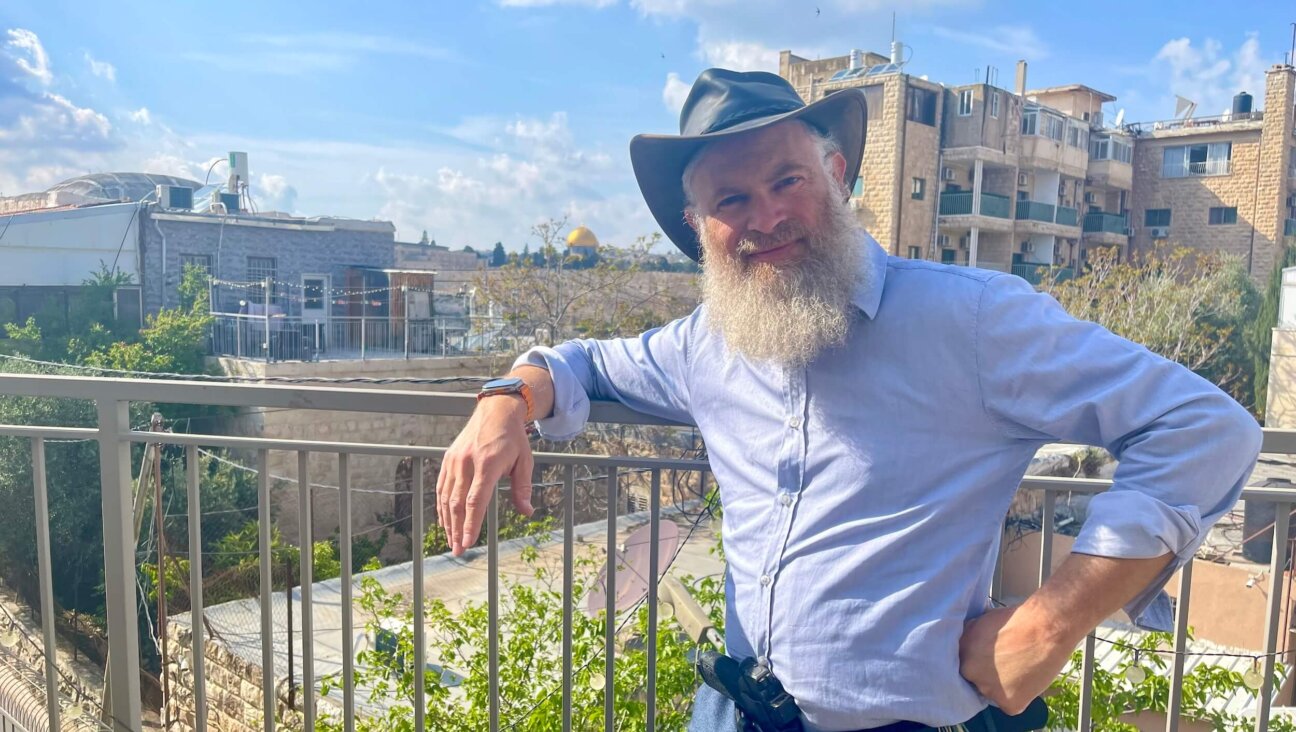Showdown Looming Between Protesters and Netanyahu
In the wake of protests for social justice that drew a record number of 450,000 Israelis to the streets, a clash is developing between Prime Minister Benjamin Netanyahu’s modest response and the more profound changes in Israeli economic and social policies demanded by protest leaders.
The day after the massive demonstrations, Netanyahu said that his government would build 10,000 university dormitories and give some free or cheap state-owned land for contractors to build affordable housing, primarily for young couples, graduates, and those finishing military or civilian national service. Beyond that, he’s waiting for a report, due around September 18, from an expert committee he appointed, headed by Tel Aviv University economist Manuel Trajtenberg. But Netanyahu has made it clear that the committee’s job is to tweak his government’s existing economic approach and not propose fundamental changes.
But many protesters are calling for nothing short of a reorganization of an Israeli society that they contend has forgotten the middle class in favor of a well-connected elite. Protest leaders question the very legitimacy of the expert committee and claim that its focus is too narrow to be relevant. According to Daphne Leef, initiator of the protests, the committee “willingly deceives the public, for while the public expects comprehensive change, the committee does not have the mandate nor authority to carry out such a change.”
The protesters have appointed their own rival, expert panel, headed by Ben-Gurion University philosophy professor Yossi Yonah. “Our mandate is from the people, and it is to give the public a reshuffling and the radical change to economic policies,” Yonah told the Forward.
Yonah’s committee wants to set back the clock more than a decade in health care, returning to the time when basic government-funded health insurance covered the vast majority of treatments, as opposed to now, when many treatments are covered by only supplementary insurance.
In education, it wants to put an end to schools’ dependence on parental contributions. In 1985 the government abolished the rule that tuition must be funded entirely by the state and permitted schools to ask parents for money. In the past decade, the amounts requested from parents in wealthy towns have increased steadily, in some places reaching $500 per child per month. Yonah said his committee would recommend boosting education budgets to render such contributions unnecessary.
In land policy, it wants the government to rethink a plan to sell large tracts of state-owned land for building, and instead use land to build public housing itself. If land is sold, the committee wants strict regulation to ensure that part of what is built constitutes “affordable housing.”
Yonah said that the expected report will propose tax changes that will generate an additional 20 billion shekels ($5.5 billion) a year for social welfare programs. This will include an increase in income tax for the highest-earning 1% of the population; an increase in standard corporation taxes, to 30% from 24%, and an end to subsidies given to importers.
“We are not suggesting expanding the budget so there will be a deficit — this is not an option,” Yonah said. He believes, however, that the extra money and the right intentions will make it possible to “reinvent the welfare state” and put welfare provisions in Israel on a par with fellow members of the Organization for Economic Cooperation and Development, such as France and Germany.
Recommendations are likely to include free care for children starting at age 3 in a bid to make the job market more accessible for parents, and a plan to help homeless families with either temporary housing or vouchers for private rentals.
As the Trajtenberg and Yonah committees mull their respective recommendations, numerous political groups and think tanks are proposing their own economic plans, and in many cases sending copies to the panels. Some believe that the social protests provide an opportunity not only to improve the lot of citizens, but also to shape the country according to their ideology.
Interestingly, even a group on the far right — Yisrael Beiteinu — joins the Yonah committee in calling for higher taxes on the wealthy, although with a more nationalist emphasis. Along with welfare-oriented tax and housing proposals, including higher income tax for big earners and a plan to set aside 15% of every new apartment block for affordable homes measuring just 800 square feet, the party proposes giving youngsters a cash boost of almost $7,000 to start adult life.
The catch is that only youngsters who complete army or civilian service are eligible. This plan comes as conscription rates among Jewish youngsters are on a downward slide and as the alternative civilian service, which is mainly aimed at Arabs who are exempt from the army, is failing to attract widespread support.
“We want to help people who feel that Israel is their motherland and who want to defend it, whether through military or civilian service,” Yisrael Beiteinu lawmaker Faina Kirshenbaum told the Forward.
Another group argues that policymakers should look to the Torah for guidance. The Modern Orthodox Keter Institute for Economy According to Torah has issued a position paper claiming that the government has a religious obligation to reduce significantly the prices at which it sells state-owned land for building (the vast majority of land released for building in Israel is state owned).
“When we read about kings in the Torah, we read that they can take land for the needs of the citizens, but not to make money,” said Shlomo Ishon, the Keter Institute’s head. “We learn from this that the Land of Israel belongs to the citizens, not just the government.” Drawing from this principle, Ishon’s institute proposes low-cost or free allocations of land for citizens, both Jews and non-Jews.
It cites one of Maimonides’s teachings, that enabling people to support themselves through employment is the highest form of charity, as the basis for various proposed changes. The tax credit that working mothers receive for each child should be extended to men, and child care should be tax deductible. Child support should increase, but only to families who need it — not to everyone, as is currently the case.
The “Green New Deal,” proposed by Israel’s Green Movement, has also put forward a plan, and it also includes a tax increase, this one on “bad products” and “bad behavior” such as fossil fuels, inefficient vehicles and pollution, while incentivizing “good products” and “good behavior” such as energy-efficient appliances and the use of public transportation. “If we are already having this major revolution, let’s leapfrog from it to make the country work for future generations,” Green Movement co-chairman Alon Tal, one of the plan’s authors, said in an interview with the Forward.
Contact Nathan Jeffay at [email protected]

I hope you appreciated this article. Before you go, I’d like to ask you to please support the Forward’s award-winning journalism this Passover.
In this age of misinformation, our work is needed like never before. We report on the news that matters most to American Jews, driven by truth, not ideology.
At a time when newsrooms are closing or cutting back, the Forward has removed its paywall. That means for the first time in our 126-year history, Forward journalism is free to everyone, everywhere. With an ongoing war, rising antisemitism, and a flood of disinformation that may affect the upcoming election, we believe that free and open access to Jewish journalism is imperative.
Readers like you make it all possible. Right now, we’re in the middle of our Passover Pledge Drive and we need 500 people to step up and make a gift to sustain our trustworthy, independent journalism.
Make a gift of any size and become a Forward member today. You’ll support our mission to tell the American Jewish story fully and fairly.
— Rachel Fishman Feddersen, Publisher and CEO
Join our mission to tell the Jewish story fully and fairly.
Our Goal: 500 gifts during our Passover Pledge Drive!























